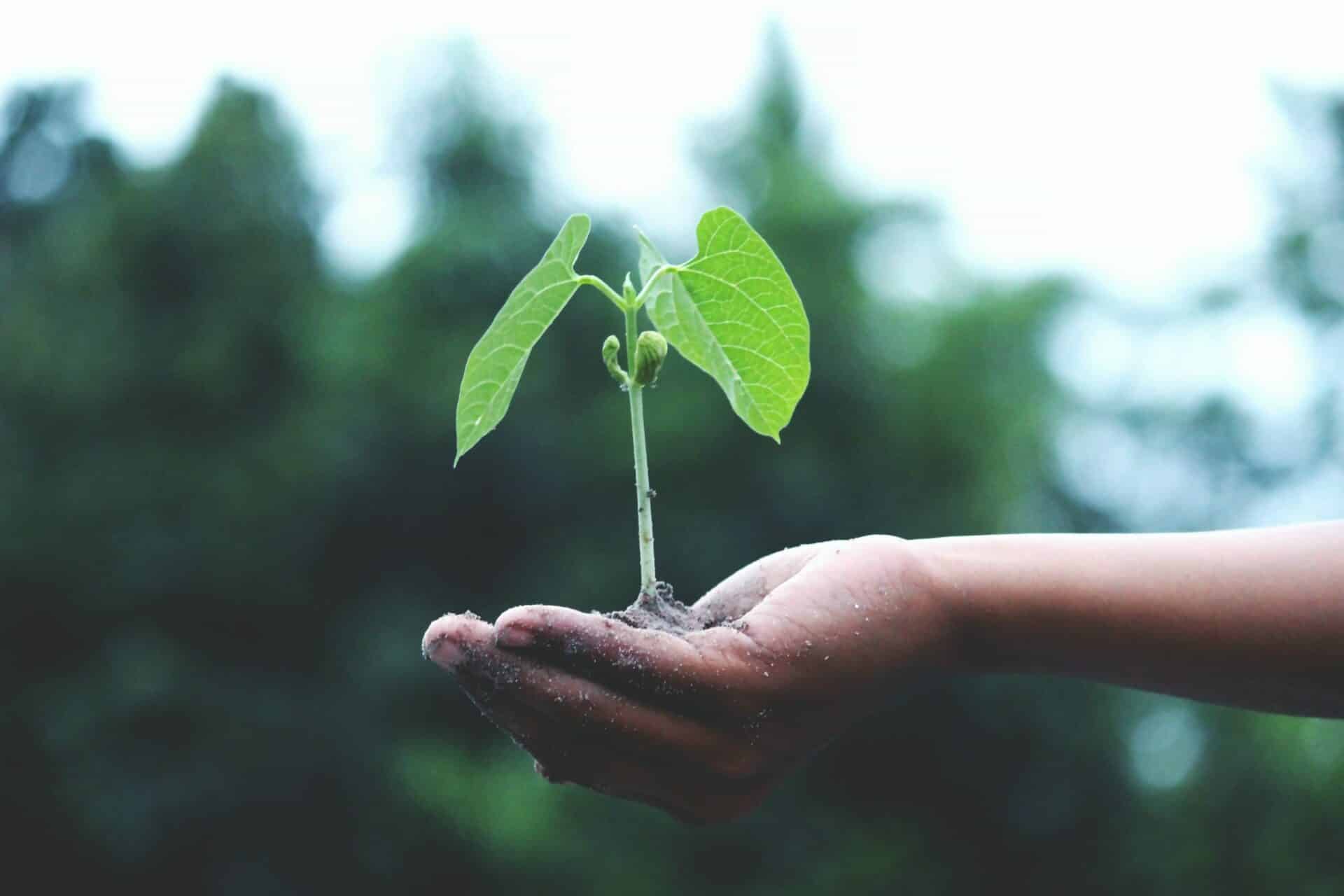Sustainability

Join Our Newsletter!
Join our mindful email list and get only important updates
Explore Sustainability
Step into B-Eco Blog, your comprehensive guide to navigating a sustainable lifestyle, where we empower you with knowledge, insights and everyday tips, paving your path to a healthier planet and a more balanced you
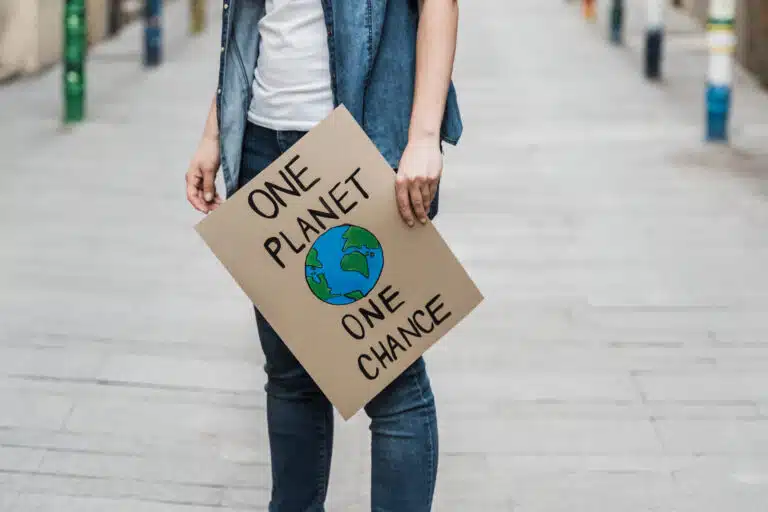
Introduction to Sustainability: A Glimpse into Our Future
Sustainability is a multifaceted concept, aiming to meet our current needs without compromising the ability of future generations to meet theirs. This principle is not just about environmental protection but encompasses economic stability and social equity. In this age, understanding and implementing sustainable practices is not a choice but a necessity for survival and prosperity.
Understanding the Concept
The idea of sustainability is rooted in the understanding that everything we need for our survival and well-being, directly or indirectly, comes from our natural environment. To pursue sustainability is to create and maintain the conditions under which humans and nature can exist in productive harmony.
The Importance of Sustainability Today
In a world facing unprecedented challenges like climate change, resource depletion, and social inequalities, sustainability offers a path to ensure a healthier planet and a better quality of life for all. It’s a global imperative recognized by countries, corporations, and citizens worldwide.
Challenges and Controversies in Sustainability
Despite its noble goals, sustainability is not without its challenges. Misconceptions, such as the belief that economic growth is incompatible with environmental conservation, persist. Additionally, implementing sustainable practices can be complex and face resistance due to economic or political interests.
Case Studies: Success Stories in Sustainability
From small communities that have embraced renewable energy to countries implementing wide-scale sustainable practices, there are numerous success stories. These examples provide a roadmap and inspiration for what can be achieved.
Future of Sustainability
The future of sustainability is dynamic and hopeful. With advances in technology, increasing awareness, and a growing global commitment, the potential for a sustainable future is more achievable than ever. However, it requires collective action and innovation.
How You Can Contribute to Sustainability
Everyone has a role to play in sustainability. Simple actions like reducing waste, supporting sustainable businesses, and advocating for policies can make a significant difference. It’s about making conscious choices that align with a sustainable future.
Conclusion: The Path Forward for Sustainability
Sustainability is not just a trend; it’s a necessity. As we move forward, it’s clear that a sustainable approach will be integral to our survival and prosperity. By understanding its multifaceted nature and actively participating in sustainable practices, we can all contribute to a healthier, more equitable world.
Embracing Sustainability In B-Eco
But what does sustainability really mean, and how can we achieve it? That’s where B-Eco comes in. This blog is dedicated to providing comprehensive, accessible, and engaging information about sustainability, with a focus on practical solutions that everyone can implement in their daily lives.
Explore With Us
Whether you’re interested in learning about eco-friendly products, sustainable fashion, zero-waste living, renewable energy, or any other aspect of sustainability,B-Eco has got you covered. Our team of experts and passionate writers are committed to providing accurate, up-to-date, and engaging content that will inspire and empower you to take action for a more sustainable future.
So, if you want to stay informed and make a positive impact on the world, join us on B-Eco and start your sustainability journey today!
Our Sustainable Blog
Join us on a journey towards a greener future by exploring our sustainable blog filled with tips, insights, and inspiration for a more eco-friendly lifestyle!
Our Latset Posts:
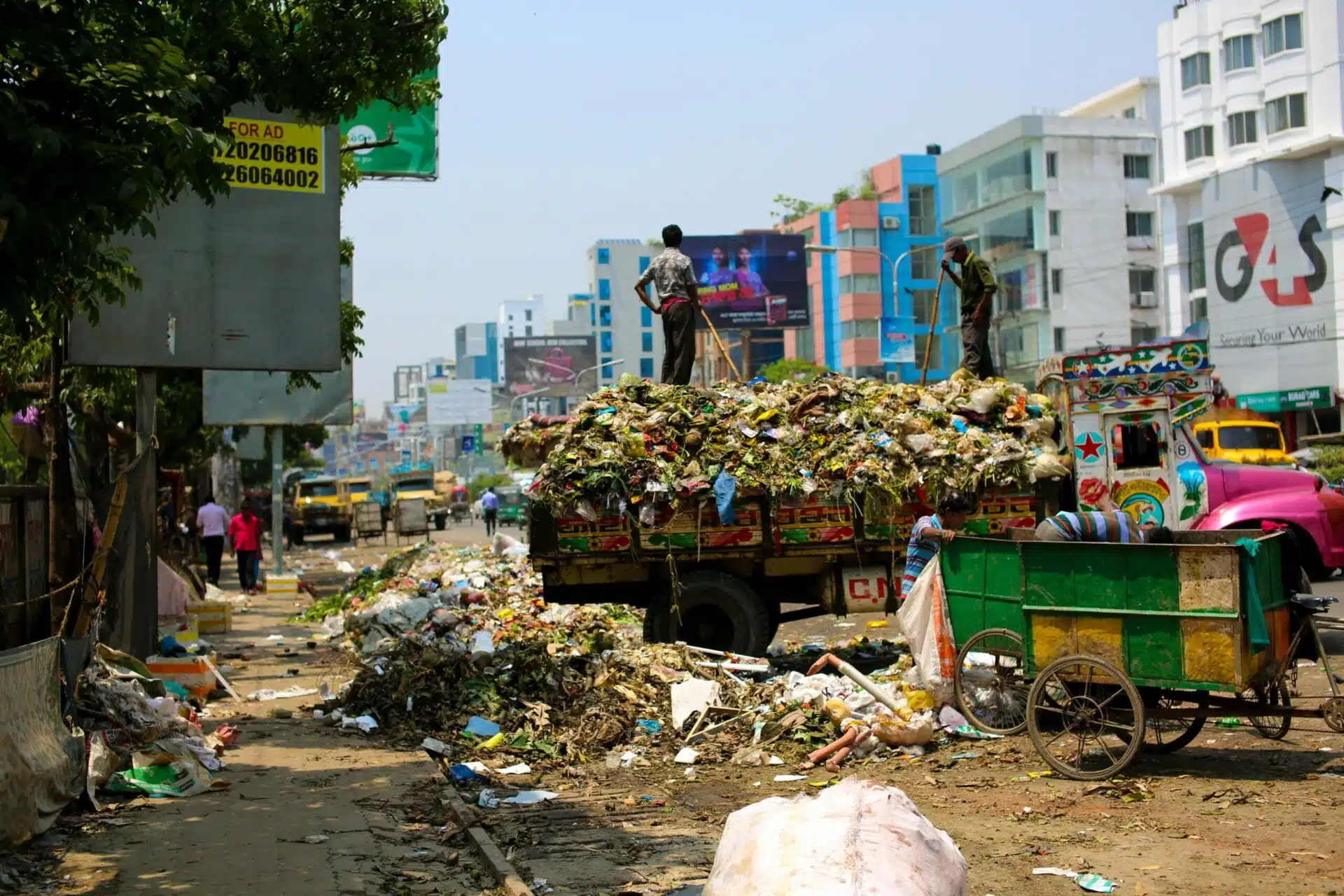
Waste Management
Waste management is a crucial aspect of keeping the environment clean and healthy. It involves the collection, transportation, and disposal of waste in a way
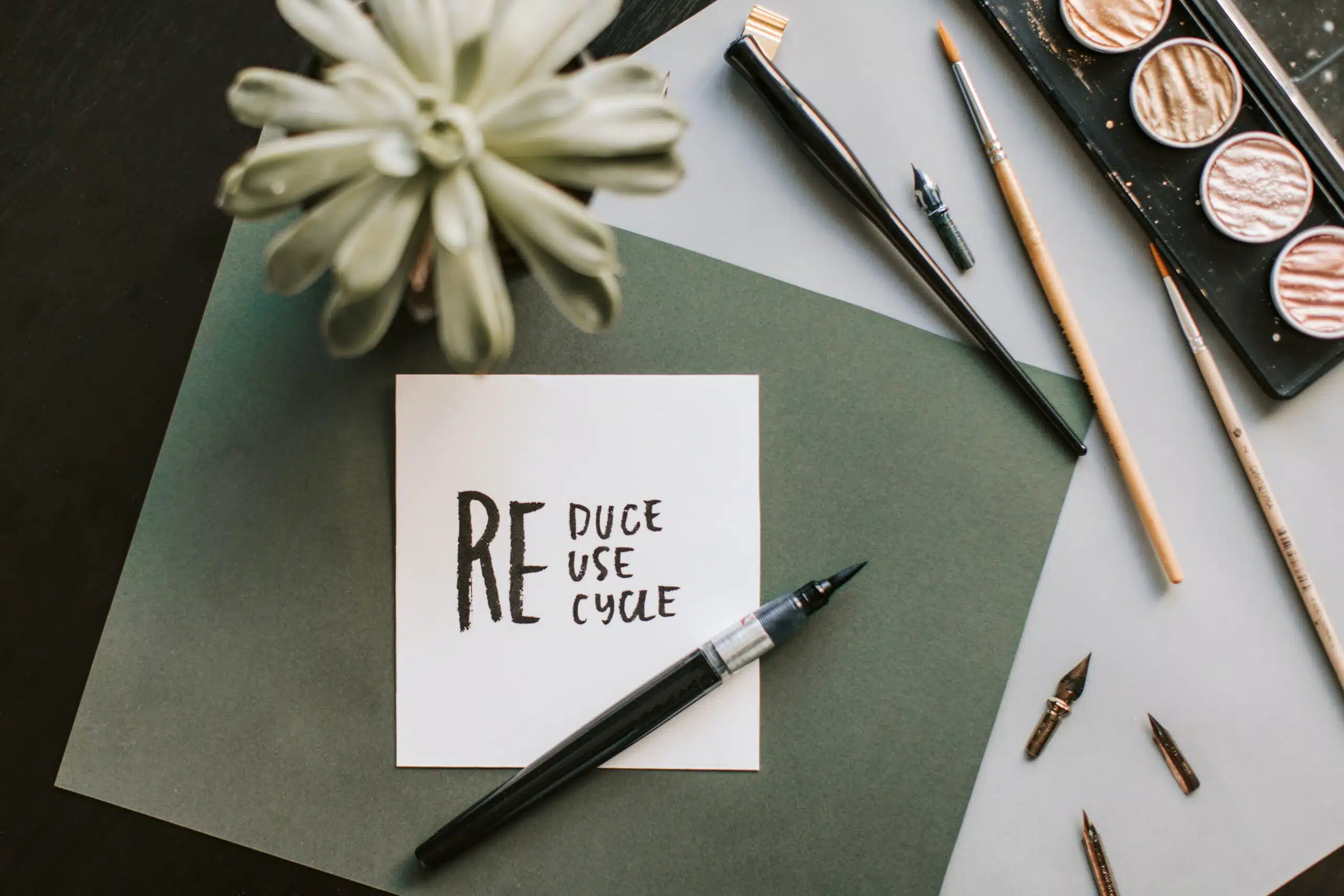
Reduce, Reuse, Recycle
Reduce, reuse, recycle – these three words are more than just a catchy slogan; they represent a way of life that is essential for our
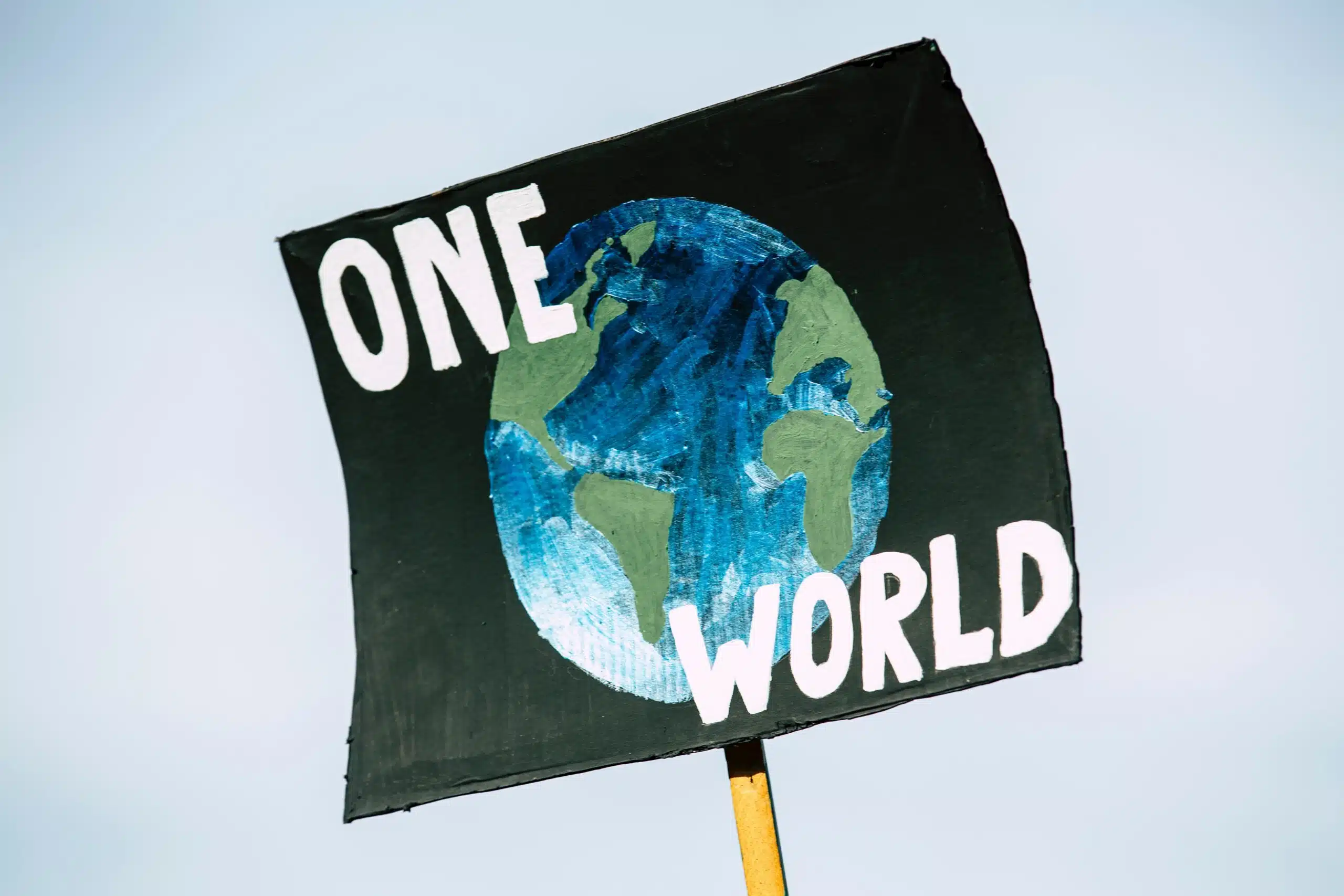
Sustainable Living
Sustainable living is all about making conscious choices that are better for the environment and our future generations. It involves making lifestyle changes that minimize
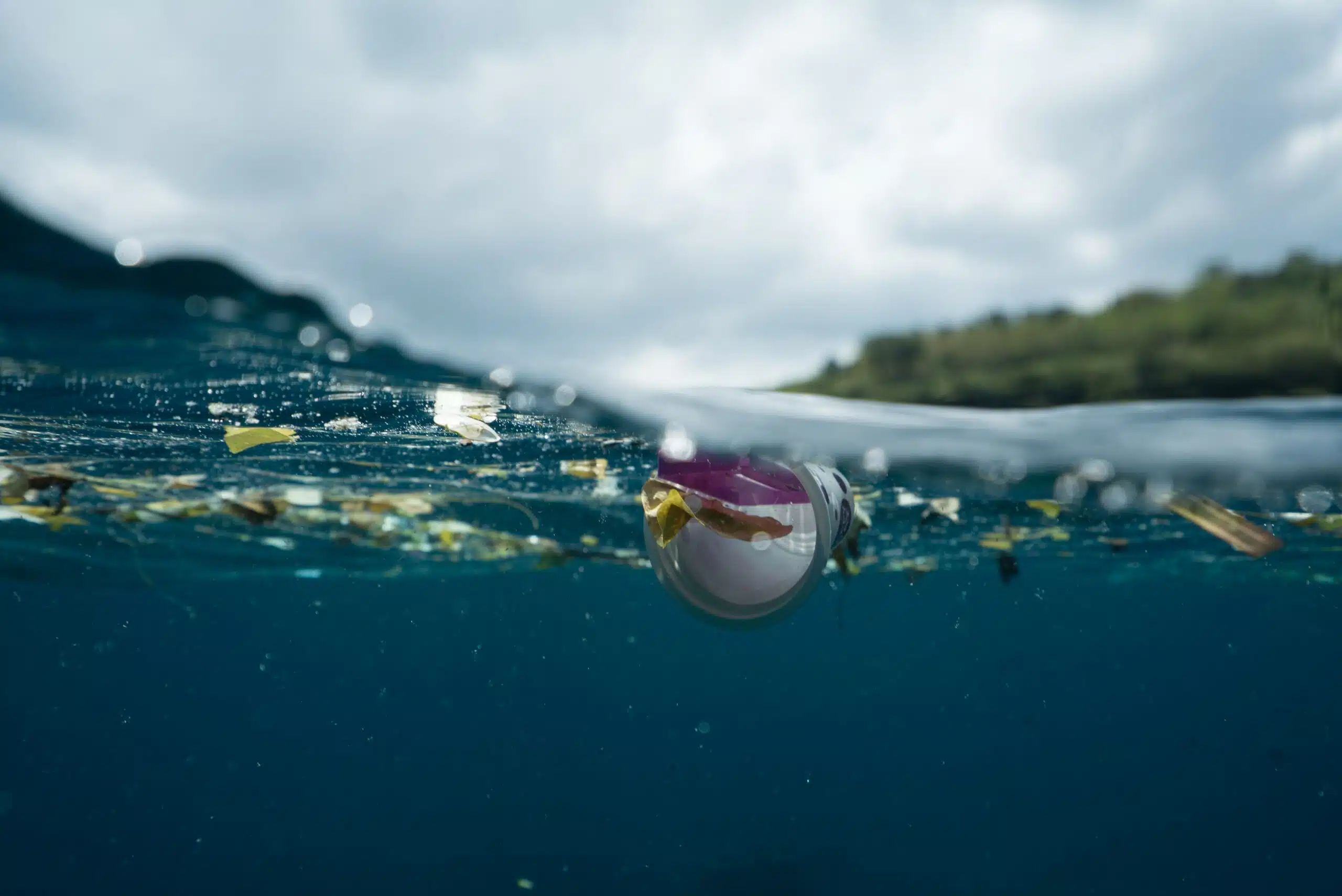
Environmental Pollution
Environmental pollution is one of the biggest challenges facing the world today. It refers to the contamination of the environment by various human activities that

Reduce Carbon Footprint
Do you know that your everyday habits and actions have a significant impact on the environment? From the food you eat, the clothes you wear,
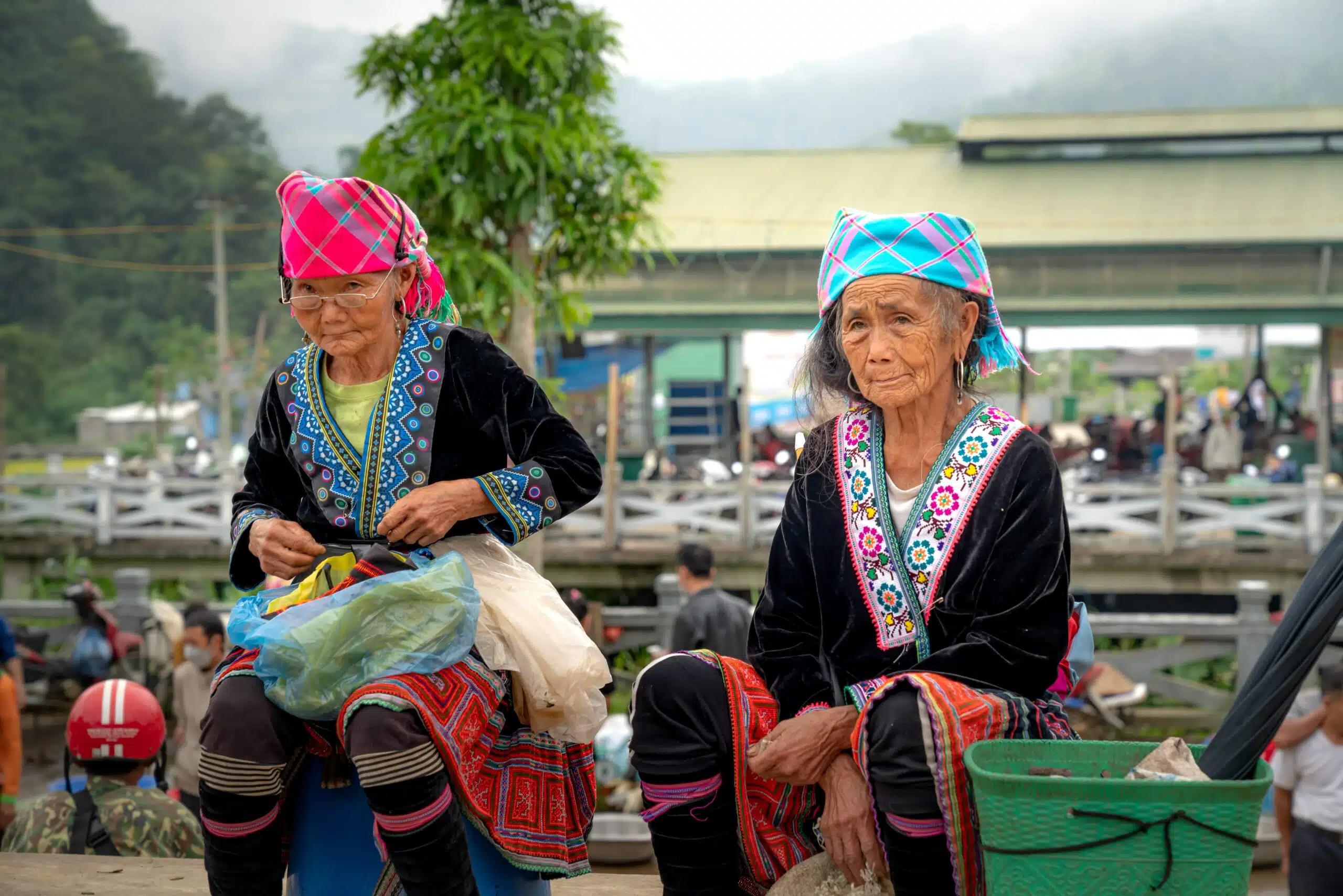
Ethical Consumption
Ethical consumption is the practice of making purchasing decisions that take into account the social, environmental, and ethical implications of our consumption habits. The goal
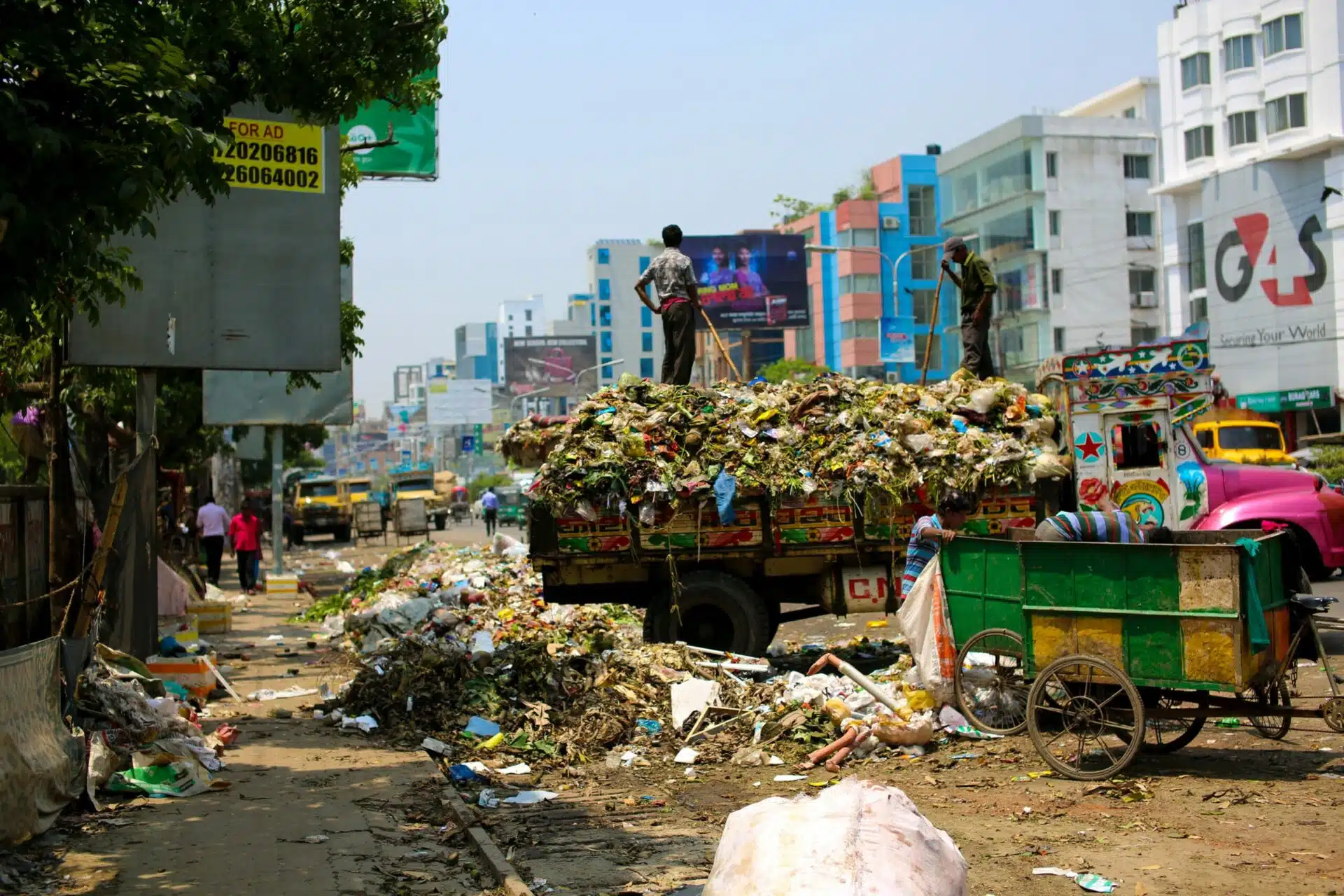
Food Waste-The Solution
Think to yourself how many times a day you meet your chopping board to make some food with veggies or fruits and have so much

Minimalism
Minimalism is the way for true fulfillment… So, What Is Minimalism? Minimalism Definition Minimalism is a lifestyle or design approach that focuses on living with

